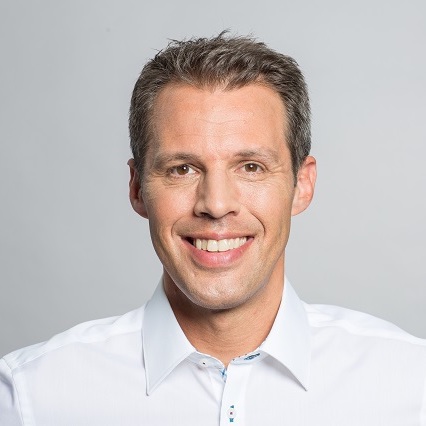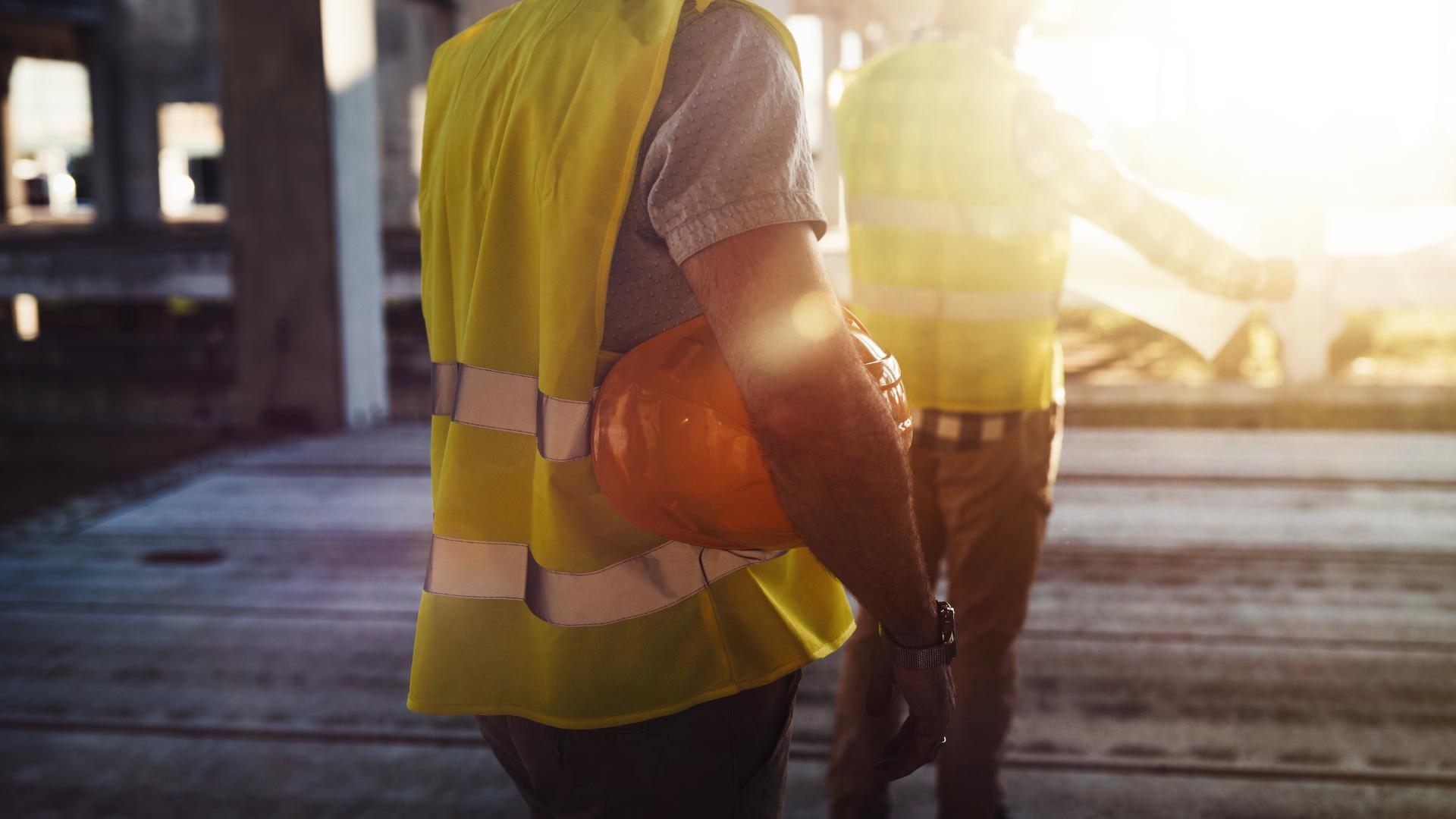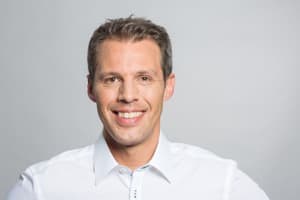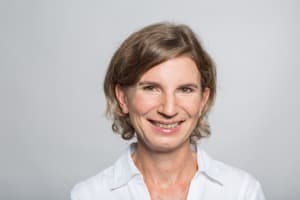Our Mission
Decarbonizing the industry
The global climate goals are designed to ensure that man-made global warming does not exceed the 1.5 degree mark under any circumstances. To fail to do so will have devastating consequences for our planet, some of which we are already witnessing today in the forms of severe storms and floods. The transition to renewable energies is one of the most important measures. To achieve net-zero status by 2050, the decarbonization of the industry is also essential. Here, the decarbonization of heat has an enormous impact: It plays a central role in all industrial processes.
We need a heat transition
-
50% of global energy consumption is heat
-
70% of generated heat comes from fossil fuels
-
28% of CO₂ emissions come from industrial heat processes
-
60% Increase in industrial heat by 2050

“Industry is one of the biggest CO₂ emitters. If we manage to reduce energy consumption in this sector and move away from fossil fuels, it will be an enormous step in the right direction and a commitment to our planet.”
Martin Schichtel
Storage solutions are essential
In theory, the sun and wind are capable of providing us with sufficient clean and sustainable energy. However, both energy sources are volatile. In order to switch completely to renewable energy sources, we need to temporarily store the generated energy. An efficient energy storage was the missing piece for the energy transition. A worldwide shift to renewables requires a global storage capacity of more than 15,000 TWh in 2050.
Industrial waste heat is also a type of renewable energy. However, it is currently released into the atmosphere unused for the most part, or sometimes even cooled down at great expense. Reusing the heat as an energy source would not only eliminate this additional step, but also reduce the demand for non-sustainable energy sources. Unlike wind and solar energy, waste heat can be calculated and controlled and is already available, which is a big advantage for the industry. In Germany alone, the calculated unused potential energy from waste heat is 280 TWh per year. Globally, that number is a lot higher.
Kraftblock has the solution for this global challenge
Kraftblock's storage solutions make waste heat directly usable in the industry and enable the efficient storage of renewable energy. The scalable, cost-effective and modular high-temperature storage system is based on breakthroughs in nanotechnology and can be used for both heat and electricity.
Our Journey
-
2014
Kraftblock is founded by Martin Schichtel and Susanne König. The storage material that the Kraftblock system is based on was developed by Martin during his research in nanoparticle composites and smart coatings at the Leibnitz Institute for New Materials at Saarland University.
-
2019
The first stationary storage system is built as a prototype.
Frank Thelen and his Deep Tech Fund Freigeist Capital join the Kraftblock mission with a seed investment.
-
2020
The first mobile storage system is created as a prototype
Kraftblock enters a partnership with MAN Energy Solutions’ gas business unit
Kraftblock secures Series A investment from cleantech investor Koolen Industries
-
2022
The first commercial large-scale storage project with PepsiCo/Eneco (Net-Zero Heat) is launched.
Simultaneously, a commercial large-scale storage project with a steel producer starts (Waste Heat)
Kraftblock and Mitsubishi Power Europe enter a partnership to convert power plants to green heat





